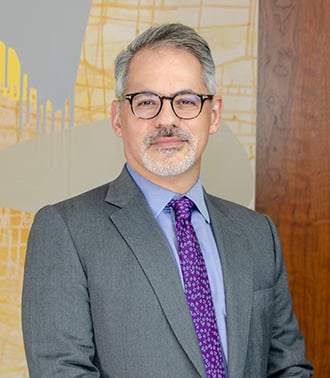SCOTUS to Stake Out Statute of Limitations for Relators—Six and Out or More?
Statutes of limitations loom large in False Claims Act practice, given memories fade, evidence is lost, and allegations become that much more difficult to defend with the passage of time. The default six-year statute of limitations is already plenty generous to putative FCA plaintiffs, never mind the fact that even filed cases may remain under seal for years before a defendant learns of their existence. And yet, the FCA allows for additional time of up to "three years after the date when facts material to the right of action are known or reasonably should have been known by the official of the United States charged with responsibility to act in the circumstances." 31 U.S.C. § 3731(b)(1)-(2). While the FCA has an absolute liability cut-off of ten years from a violation, id., this "discovery rule" has the potential to add years to the FCA liability clock. The question remains: Who can take advantage of this additional time, the government alone, or relators as well?
Just last Friday, November 16, the Supreme Court granted a petition for certiorari in Cochise Consultancy, Inc. and the Parsons Corporation v. United States ex rel. Billy Joe Hunt (No. 18-315) to review this very issue. Consciously deepening a circuit-split, the Eleventh Circuit held that, notwithstanding the statutory language referring to "an official of the United States," relators could take advantage of the three-year extension even where the government declines intervention. This decision contrasted with the views of both the Fourth and Tenth Circuits, which have limited the three-year rule to the government alone. Moreover, contrary to the Ninth Circuit's view, the court of appeals found that the relator does not stand in the shoes of the "government official" charged with acting on information. This means that if the relator sits on its knowledge of potential violations without bringing suit within the six-year limit, it may still take advantage of the three-year rule provided the government remains unaware. The Eleventh Circuit's opinion therefore has led to a three-way circuit split that the Supreme Court will now resolve.
We at Qui Notes are of course thrilled that SCOTUS will decide the issue, marking the fourth FCA case since 2015 to reach the high Court (after Carter in 2015 and Rigsby and Escobar in 2016). Now we only hope the Supreme Court will choose to revisit Escobar in Gilead Sciences, Inc. v. U.S. ex rel. Campie (No. 17-936), which awaits the Solicitor General's views on whether certiorari should be granted. Should the Court take up Campie as well, it will certainly be a busy Term for FCA watchers. In the meantime, we will of course stay tuned.
© Arnold & Porter Kaye Scholer LLP 2018 All Rights Reserved. This blog post is intended to be a general summary of the law and does not constitute legal advice. You should consult with counsel to determine applicable legal requirements in a specific fact situation.

